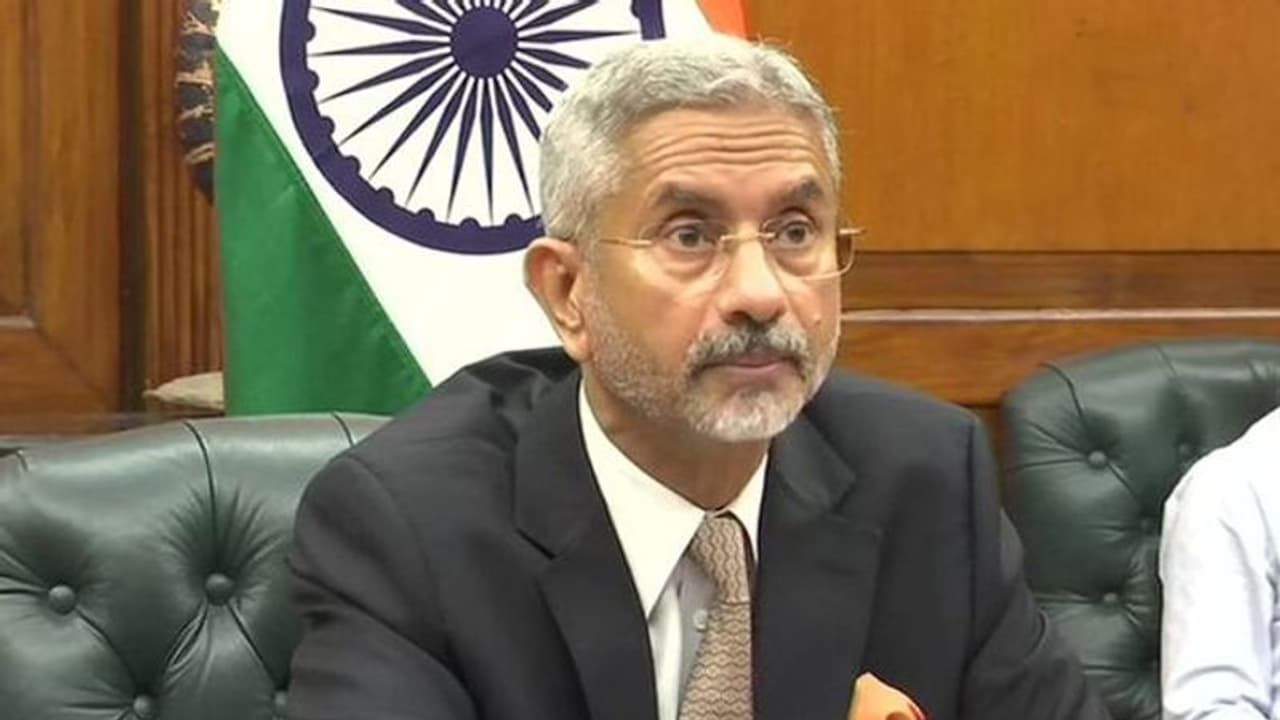The minister spoke about the June 15 Galwan Valley incident and said “it is not surprising that something went horribly wrong” when soldiers are so close to each other on the border.
New Delhi: Amid continued tensions in the Ladakh sector of the Line of Actual Control (LAC), External Affairs Minister S Jaishankar on Wednesday said the bilateral relationship between India and China has been “significantly damaged” this year.

He further added the ties are passing through their most difficult phase ever because of Beijing’s violation of agreements on maintaining peace and tranquillity on the Line of Actual Control (LAC).
Speaking at a webinar organised by the Lowy Institute, an Australian think-tank, Jaishankar said today’s China is “much more nationalistic” and that it cannot be business as usual with Beijing as long as soldiers at the border are in a stand-off.
The Chinese side has given “five differing explanations” for violating the agreements by bringing tens of thousands of soldiers to the LAC in Ladakh sector, a development that has “profoundly disturbed” the relationship, he said in an online conversation with the Australian think tank Lowy Institute.
“We are today probably at the most difficult phase of our relationship with China, certainly in the last 30 to 40 years...or even more,” he said, noting that the 20 Indian soldiers killed in the clash at Galwan Valley in June were the first military casualties on the LAC since 1975, changed the national sentiment.
The two countries had been maintaining peace and tranquility on the border despite differences. There was never a breach of the kind seen since May this year.
The relationship has been “very significantly damaged” because all positive developments in bilateral ties over the past 30 years, including China becoming India’s second largest trade partner and engagements in tourism and travel, were based on that fact that the two sides had agreed to maintain peace and tranquillity in border areas while trying to solve the boundary question, Jaishankar said.
On Tuesday, a senior Chinese official said that both countries continue to remain in close communication to further ease border tensions. Chinese Foreign Ministry spokesperson Hua Chunying told a media briefing that further consultations over specific issues for the next round of talks are due soon.
India and China had held the 8th round of Corps Commander-level military talks on November 6 to resolve the border deadlock that had started in early May.
"The two sides will hold consultations over specific arrangements for further talks on the basis of acting on existing consensus reached through previous talks," Hua said.
